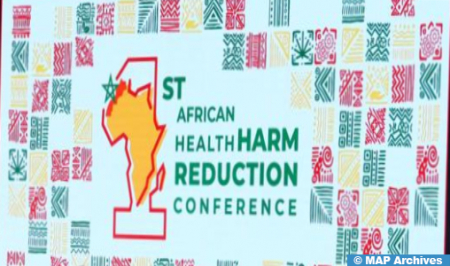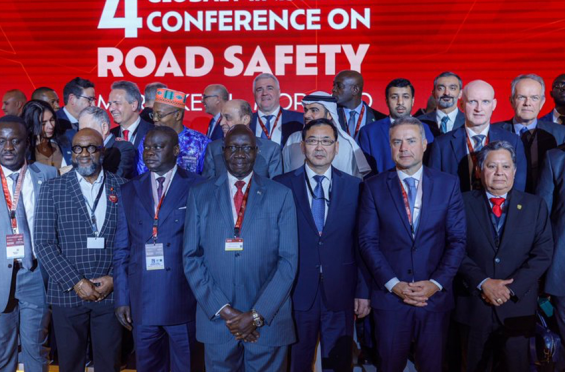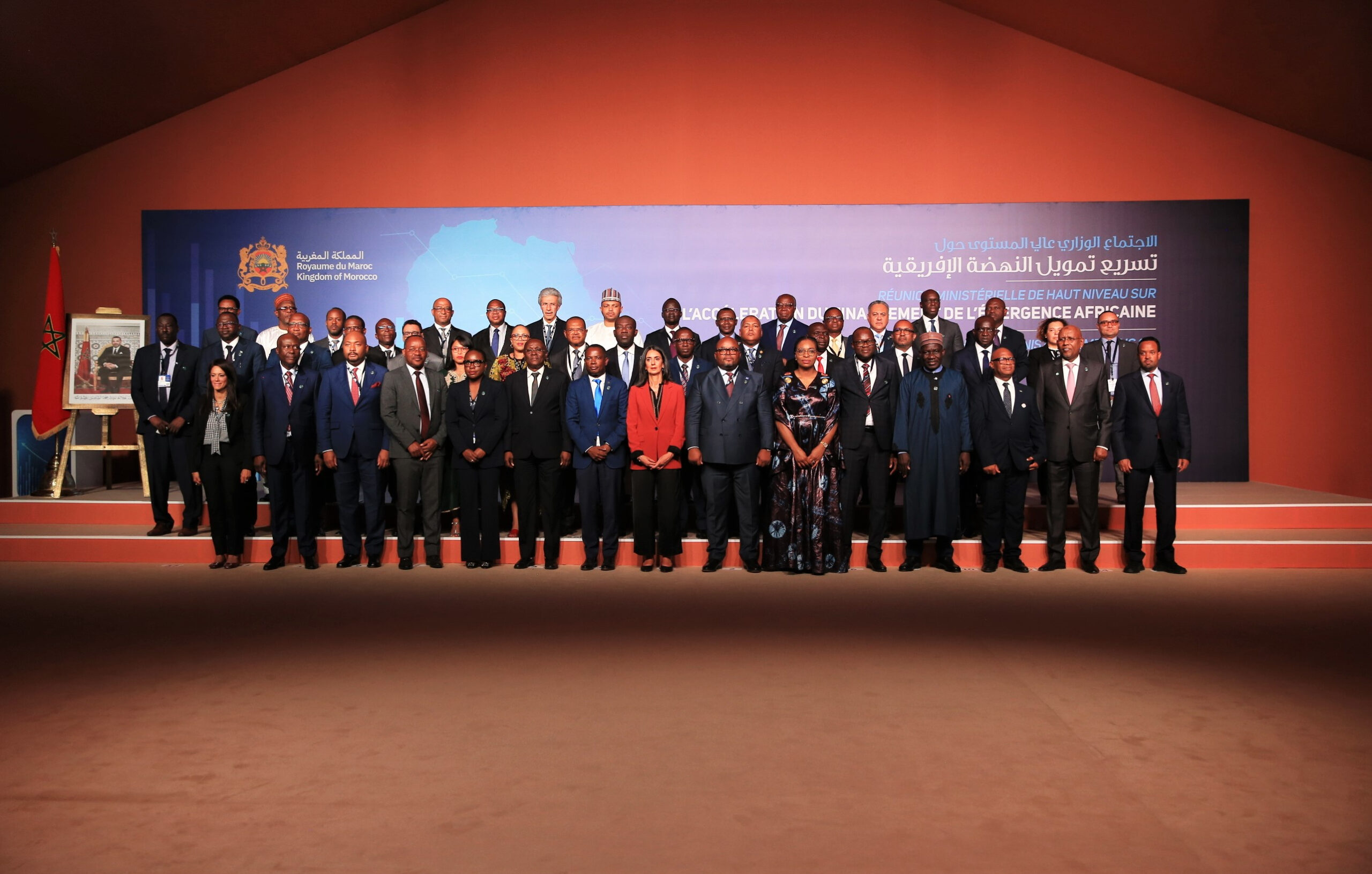Participants in the 1st African Conference on Health Risk Reduction, held under the High Patronage of HM King Mohammed VI, recommended, on Friday in Marrakech at the end of the proceedings of this event, the development of an African Charter on Health Harm Reduction in Africa, based on a multi-stakeholder vision, as an essential step to the sovereign transformation of health systems in an African environment that prioritizes solidarity and cooperation for the health security of all citizens of the continent.
The 800 participants in this conference, which brought together African and international decision-makers, experts, specialists and professionals for three days, also called for promoting and strengthening health systems on the African continent by adopting a risk reduction approach.
They also recommended improving the daily living conditions of all citizens by upgrading the environment in which people are born, grow, live and age through the transformation of health systems, ethical risk reduction strategies, and risk reduction innovations for known health risks, said the Marrakech Declaration.
They also advocated for the development of health care policies in Africa, focusing on universal health coverage for the patient-citizen, and respect for equitable access to quality health care as a basic human right, emphasizing the importance of promoting social protection mechanisms and ensuring access to essential, quality and affordable health services, including pharmaceutical drugs and traditional and natural medicines.
In their recommendations, the participants emphasized the need to present strategies for responding to the Covid-19 epidemic, drawing lessons that can serve as examples for implementing an effective, collaborative and resilient health care system in Africa.
They also noted the imperative to accelerate the implementation of the primary health care vision and strategy, to develop telemedicine and the use of digital health to reach isolated and vulnerable populations, and to improve access to quality psychiatric and mental health care, in line with the development of knowledge and treatment, and the specific needs of patients related to their age, socio-economic condition, environment and vulnerability.


